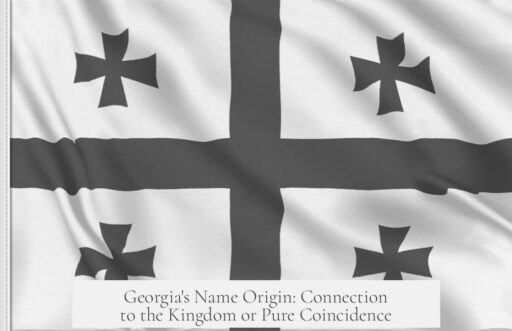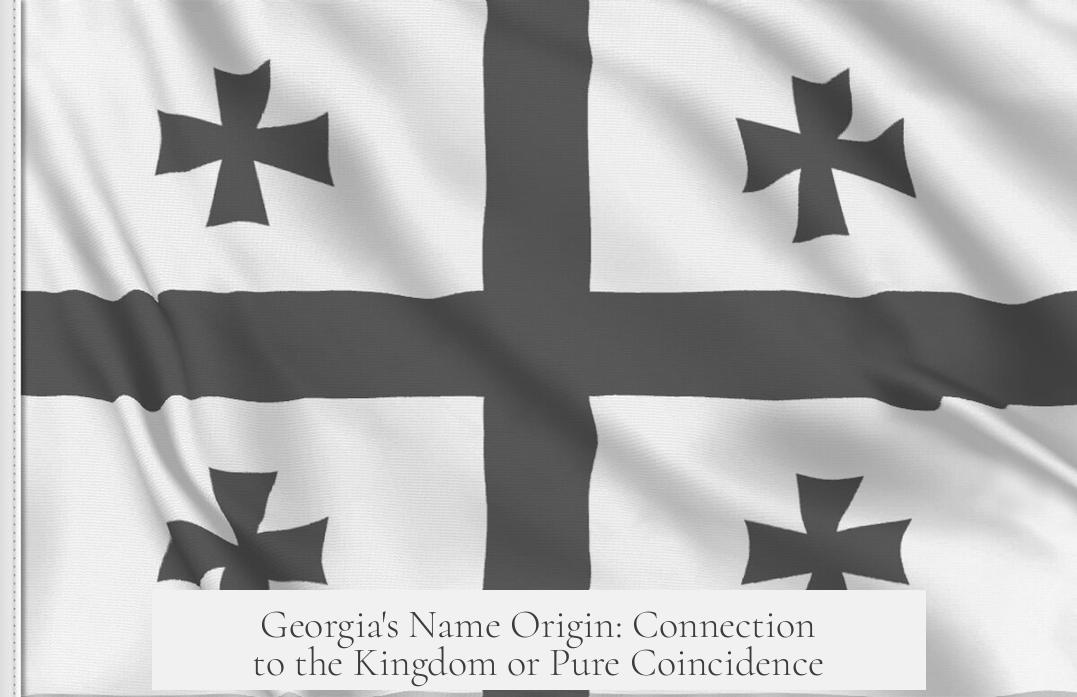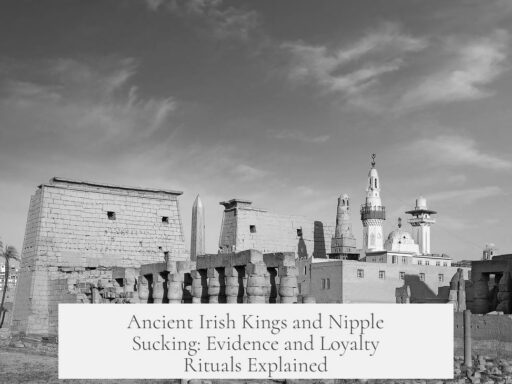The U.S. state of Georgia was named after King George II of England, who granted the colony its charter in 1732, while the country Georgia’s name originates independently from Persian and local linguistic roots. Therefore, their shared name is coincidental, not the result of one being named after the other.
Georgia, the state, came into existence as a British colony in the early 18th century. It was named directly for King George II, who was the reigning monarch of Great Britain at the time. The charter for the colony of Georgia was officially issued in 1732, reflecting British colonial ambitions in North America. The colony was established by James Oglethorpe, who founded the Province of Georgia a year later in Savannah. This origin firmly connects the state’s name to the British monarchy.
In contrast, the country of Georgia sits at the crossroads of Europe and Asia and has its own distinct naming history. Locally, Georgians call themselves Kartveli and their country Sakartvelo. The name “Georgia” as used in English does not stem from their native language but traces back to foreign adaptations. Scholarly research points to the Persian word gurğ or gurğān, which means “wolf,” as the root of the name. This Persian term was adopted by neighboring powers and Russians, who called the land “Gruzia.” The British later Anglicized this as “Georgia.”
A widespread folk etymology attributes the country’s name to Saint George, the Christian martyr revered across many cultures. Georgians have venerated Saint George since they adopted Christianity in the 4th century. This association influenced foreign perceptions but is not the etymological origin. The saint’s name became more prominent in Western Europe after the Crusades, further intertwining Christian symbolism with place names. However, the official name is derived more accurately from linguistic transmissions through Persian and Russian forms.
Comparing the two reveals that the same name, “Georgia,” applies independently because of British influence naming both locations during different historical contexts. The British named the American colony after their king, while their linguistic usage of “Georgia” for the Caucasian country reflects an Anglicized form of the local region’s name as known by their Russian and Persian neighbors. This coincidence arises from a shared cultural reference to the name George but through separate origins.
The pronunciation and native terms also differ markedly. In Georgian, the country is “Sakartvelo.” Russians refer to the country as “Gruzia,” which is phonetically distinct. Meanwhile, the U.S. state’s pronunciation aligns with English conventions. There is no linguistic or historical connection indicating that the American state was derived from the country’s name or vice versa.
| Aspect | Georgia (U.S. State) | Georgia (Country) |
|---|---|---|
| Named After | King George II of England | From Persian gurğ (wolf) / Anglicized from Russian Gruzia |
| Date of Naming | 1732 (charter granted) | Anglicized late Middle Ages / formalized by British in modern era |
| Native Name | N/A (English name) | Sakartvelo (local Georgian) |
| Connection to Saint George | No direct connection | Associated culturally but not direct etymology |
The suffix “-ia” in both names reflects the Greek and Roman linguistic legacy, meaning “land of” or “place of,” common for many country and state names. It does not link the two beyond grammatical convention.
To summarize, the U.S. state and the country share the name “Georgia” but for different reasons:
- The U.S. state was named for King George II during British colonial expansion.
- The country Georgia’s name derives from Persian roots, passing through Russian and British linguistic adaptation.
- The coincidental shared name stems from British historical and linguistic influences but not direct naming from one to the other.
- Both regions are culturally and linguistically distinct with separate etymological lineages.
Understanding this distinction clarifies why the two “Georgias” are unrelated despite sharing an identical English name.
- The U.S. state Georgia honors a British monarch, King George II.
- The country Georgia’s name comes from Persian “gurğ,” meaning wolf, and later Russian and British forms.
- The name “Georgia” for both places is a coincidence tied to British naming practices.
- Local names and pronunciations differ substantially between the state and the country.
- The association with Saint George is cultural and symbolic, not the root of the country’s official name.




